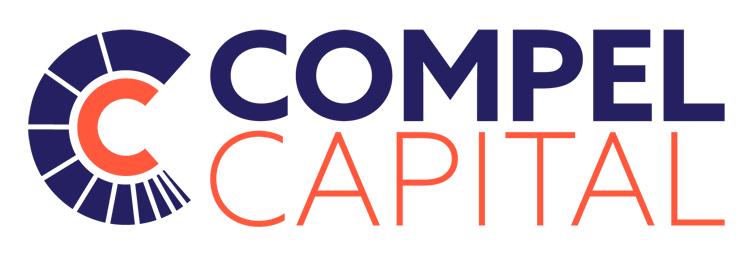Credit Score Needed to Buy a House
Articles for the Ambitious Real Estate Investor
Mortgage lenders will look for the amount down you plan to put down and look at the type of loan you are applying for to determine the minimum credit score to qualify. Since not all loans require the same credit score, here are a few different types of home loans and the credit score requirements for each. Let’s look at the different loan types and the corresponding credit score and amount down requirements.
Credit Score Minimums by Loan Type
- Federal Housing Administration (FHA): If your score is 580 or more, you only need 3.5% down to qualify. With lower credit score (<580), they typically require a 10% down payment. An FHA loan is a mortgage that’s insured by the FHA and is specifically made for those who have little down payment, or fair or bad credit.
- Conventional: For fixed-rate loans, you should have at least a 620 credit score to qualify for a conventional loan.
- Department of Veterans Affairs (VA): There’s no minimum credit score requirement for these loans that are guaranteed by the VA. These loans are specifically for active-duty military members, veterans, and their spouses.
- U.S. Department of Agriculture (USDA): There isn’t a set credit score requirement for USDA loans, but you should aim to have at least a 640 credit score for direct loans. There are loans that are funded by the USDA directly and other USDA loans where the USDA guarantees the loan but funded by a separate bank.
VA loans and USDA loans both offer financing for low or no down payment loans. In general, however, the higher your down payment, the more likely you are to qualify for a loan with a low interest rate as well. An even bigger bonus of putting more down is eliminating PMI (private mortgage insurance which protects lenders in case you default) when you put at least 20% down. In contrast, a FHA loan you will have this added monthly expense for the life of the loan. PMI is around 0.5-1% of the loan amount each year.
Can Someone Get a Mortgage with a Bad Credit Score?
The short answer is yes. However, your odds of getting a loan decrease as your credit score decreases. Here are a few ideas to help you qualify if your credit isn’t the greatest.
- Increase your down payment. The more cash you have on hand, the less your credit score matters to lenders.
- Lower your debt-to-income (DTI) ratio. Your DTI is all your debts payments divided by your income. If you have a high DTI, it means you’ll struggle more to pay your mortgage in case of an emergency. The lower your DTI, the fewer problems you’ll have making payments on time regardless of circumstances.
- Buy a less expensive house. In most case a bad credit score means you get to borrow less money. Nothing wrong with starting off with a little less house and at least get into the game!
Other Factors That Affect Your Ability to Get a Loan
Your credit score is one part of getting a mortgage, but it’s not the only part. Other items your lender may consider are:
- Ability to pay: Lenders want to make sure you can afford to make payments on time every month.
- Job history: A stable job shows lenders you can reliably pay your home loan. Job-hopping is not a good sign for lender.
- Down payment: The higher your down payment the less risky to lenders.
- DTI: A lower DTI means lenders you shouldn’t have any problems making payments on your home loan.
- Cost of home: The higher the home price, the harder it can be to secure the full loan amount you want with a bad credit score.
- Negative signs on your credit: If you have several delinquencies, defaults or a bankruptcy can affect your ability to get loan.
Have Questions?
If you have questions about this article you can connect with Randy here.

Author: Randy Rodenhouse
Subscribe to our learning center to receive inspiring renovation news, housing trends, real estate investing strategies, and financing information delivered straight to your inbox
